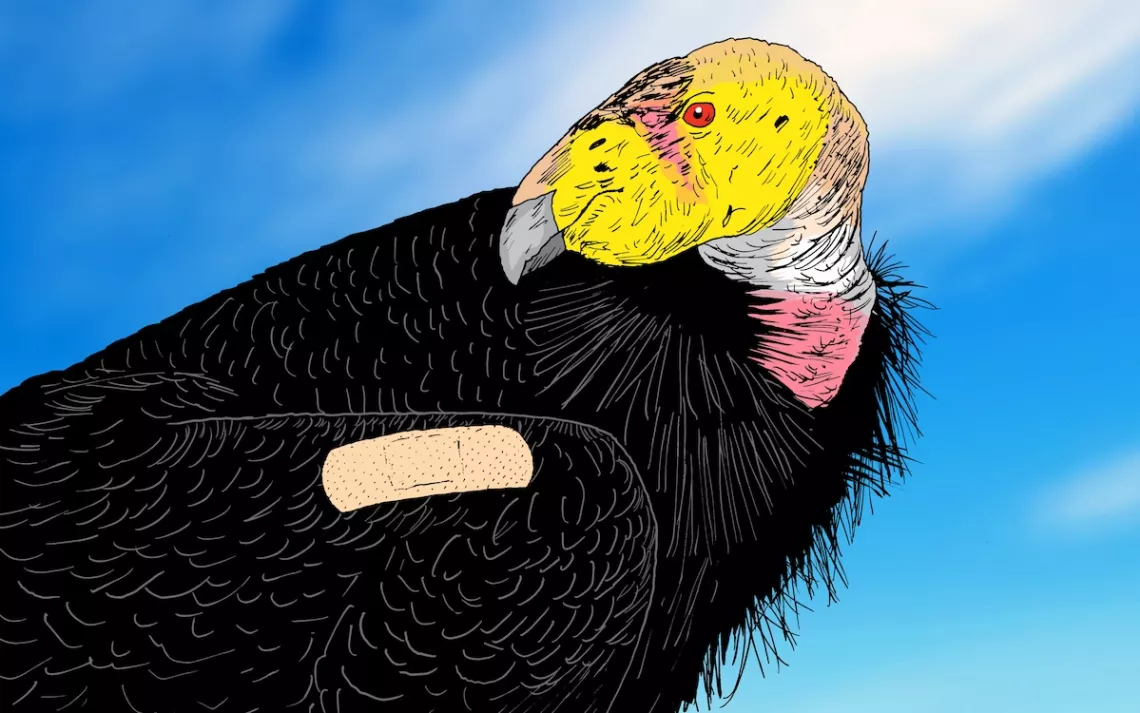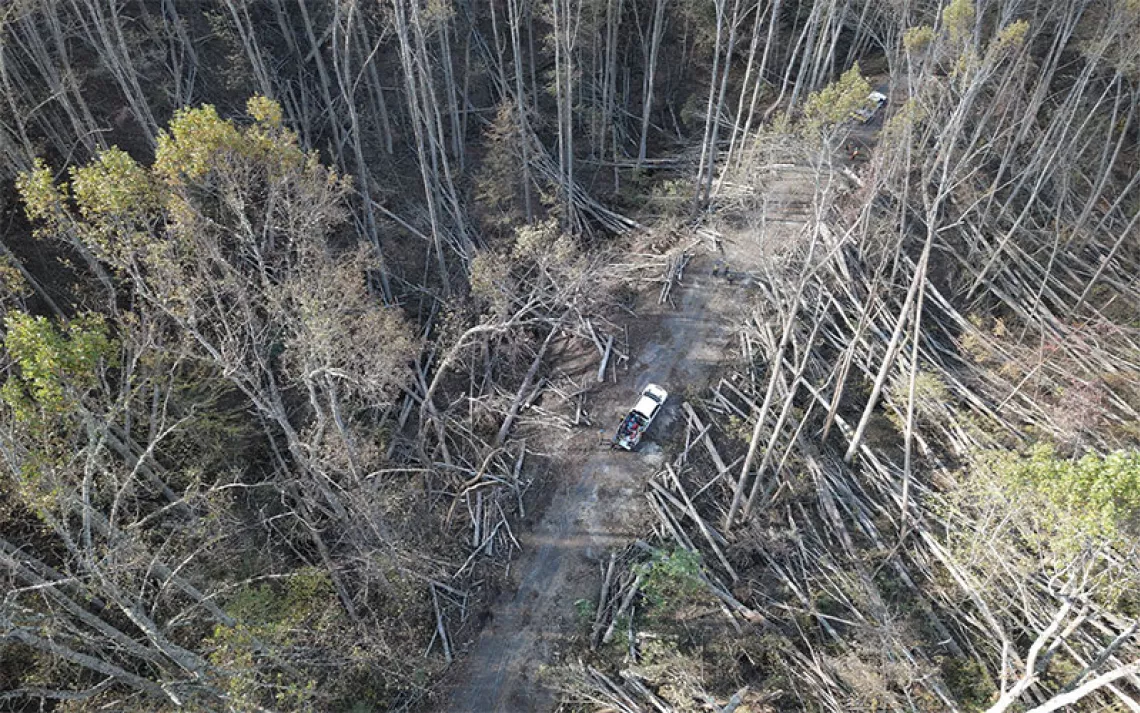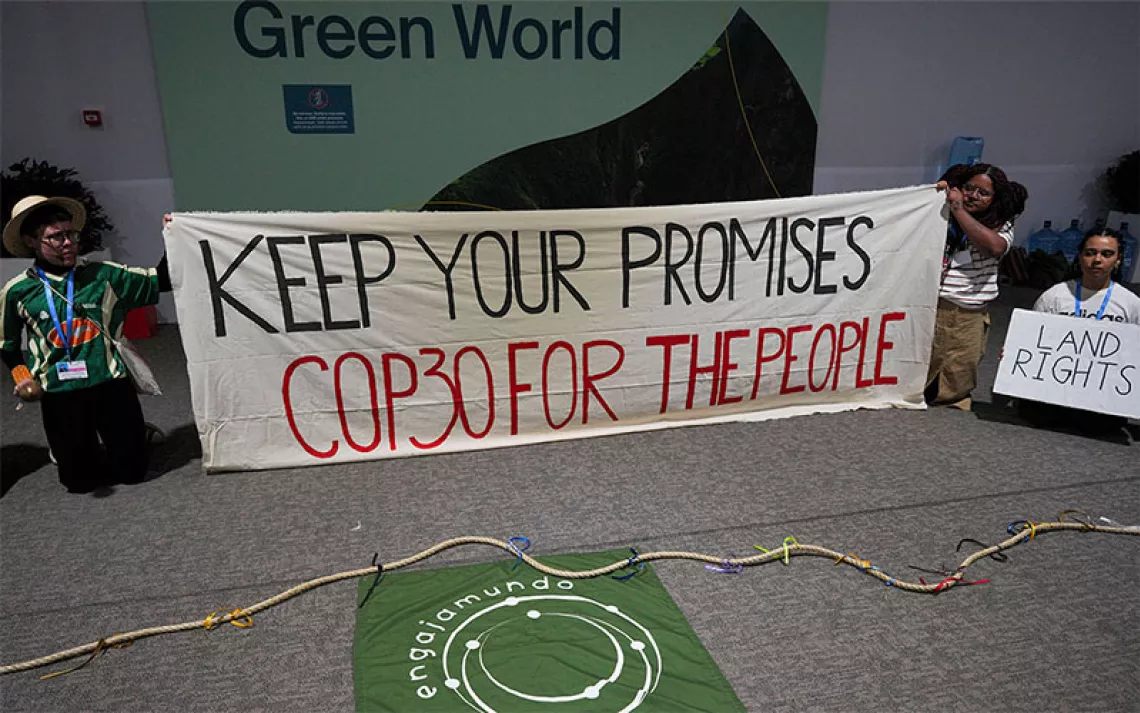ICYMI: Fully Vaxxed Condors, a New Jaguar & Fewer Mountain Lions But Plenty of Spats
Environmental news of the week for busy people

Illustration by Peter Arkle
Six captive-born condors are released into the wild in central California after being vaccinated against avian influenza.
California has at most 4,500 mountain lions, thousands fewer than previously thought.
There are now more dead whitebark pine trees in the Mountain West than live ones.
Against the advice of environmental experts, Norway approves deep-sea mining, the first nation to do so.
An entrepreneur in Greenland is harvesting glacial ice and sending it to bars in the United Arab Emirates.
NOAA finds that the United States suffered a record number of extreme weather and climate disasters in 2023, costing at least 492 lives and $92 billion.
A new study finds that a liter of bottled water contains 240,000 pieces of plastic, 90 percent of them “nanoplastics” small enough to pass into the bloodstream.
Toxic wildfire smoke is poisoning orcas in the Pacific Northwest.
Climate-exacerbated flooding in Sri Lanka is increasing conflicts between people and crocodiles.
A trail camera in Arizona spots a new jaguar, only the eighth to be seen in the state since 1996.
Waterkeepers in Chesapeake Bay report a high “spatfall intensity index,” meaning that improving water quality has led to a large number of juvenile oysters.
Berkeley, California’s groundbreaking ban on methane-gas hookups in new buildings is struck down in the courts.
North Dakota is ordered to draw up new electoral maps that don’t dilute the voting power of Native people.
Germany’s carbon emissions are the lowest in seven decades.
US carbon emissions fell by almost 2 percent in 2023 despite the growing economy, but not fast enough to meet our climate goals.
A gigantic battery replaces Hawai'i’s last coal-fired power plant.
 The Magazine of The Sierra Club
The Magazine of The Sierra Club



